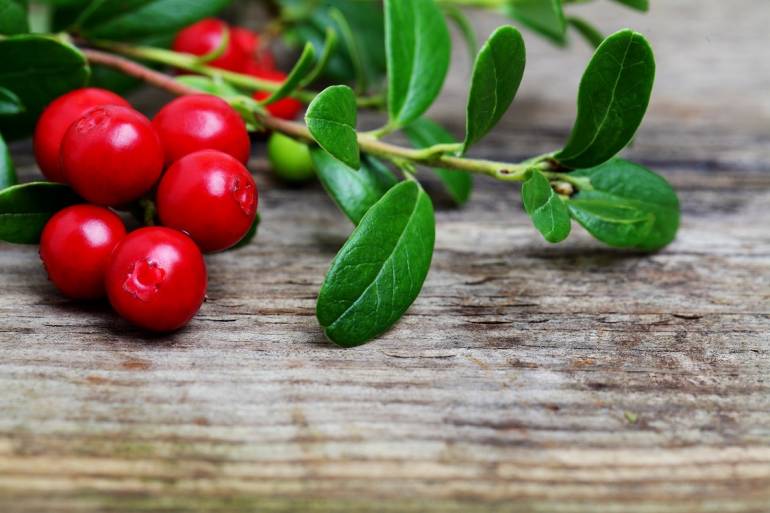When we hear a person coughing next to us, the first association is usually the thought of a cold. Indeed, it befalls both adults and children during the autumn-winter solstice. One of its first symptoms is a dry cough. We define it this way because it is not accompanied by expectoration of secretions. Dry cough is also sometimes described as “agonizing”, “choking”, “persistent” or “laryngeal”. Its treatment consists of relieving irritation of the throat and administering medication to inhibit the cough reflex.
After a short time, a dry cough can turn into a wet cough, combined with expectoration of inflammatory secretions. Administration of agents that dilute excess phlegm and facilitate expectoration helps with a wet cough. As a rule, a cold lasts up to a week, but its consequence can be a dry cough, lasting up to two weeks. This should not worry us, as it happens in most people. An effective cough syrup will successfully suffice to relieve and suppress it.
Where does cough in children come from, and where does it come from in adults?
A cough does not always have to be related to a cold. Its causes can also lie quite elsewhere. We usually come to this conclusion if we don’t have other symptoms of a cold, or if the cough medicines we take bring relief only for a short time.
Dry cough in children can be one of the symptoms of allergies. Characteristic in such a situation is the fact that the cough subsides when the allergenic agent is removed from the immediate environment.
Dry cough in adults, on the other hand, can be caused by taking certain medications, such as blood pressure-lowering preparations belonging to the angiotensin-converting enzyme inhibitor group. They can be recognized by the name of the active substance, which ends in “-pril” (e.g. enalapril, perindopril). Approx. 10-20% of users of these drugs may complain of a dry cough. In such a situation, it is necessary to consult a doctor and change to a drug with a different formulation.
Tobacco smokers experience a so-called smoker’s cough as soon as they wake up. It is persistent and wet, and the only way to get rid of it is simply to quit smoking.
The cause of dry cough can also be gastroesophageal reflux. Hydrochloric acid then enters the esophagus from the stomach, which can irritate the throat and trachea. An immediate visit to the doctor is necessary if, in addition to coughing, there are other symptoms, such as breathing problems, chest pain, chronic heartburn, expectoration of blood or night sweats. This can herald a much more serious illness, so a prolonged cough should not be taken lightly.
Herbs for coughs past and present
Until the second half of the 19th century, the vast majority of medicines were of plant origin. Also cough medicines for children and adults were based on natural ingredients. Some of them are successfully used today.
One example is the root of the valerian plant. It was used by doctors in ancient Rome, in Arab countries and in traditional Chinese medicine. Nowadays, too, it is an effective and safe remedy for dry cough in children. Its action is due to the presence of mucilaginous substances that coat and moisten the surface of the throat. This makes it an effective and safe medicine for soothing the irritation caused by dry cough. Preparations containing the extract from the root of the valerian can be given to children as young as 3 years old.
Other cough herbs rich in mucilaginous substances include plantain leaf, mullein flower and licorice root. They, too, are sometimes ingredients in cough medicines. In addition to mucilaginous substances, licorice root extract contains a significant dose of potassium, which may have the effect of raising the levels of this mineral in the body and on blood pressure. In the indigenous peoples of North America, on the other hand, the remedy for dry cough was red elm bark. It has been used in the United States until now.
An expectorant remedy used in wet cough since ancient times has been thyme herb. Thyme oil is a rich source of phenolic compounds (thymol, carvacrol) with expectorant and bactericidal effects. These properties were known in ancient times in Egypt and Greece, among others. Nowadays you can also get thyme preparations in pharmacies. Another plant substance with an expectorant effect is the resin of the guaiac tree. It was an important item in the traditional herbariums of Indians living in the Caribbean. From there it found its way to Europe, and one of the chemical compounds that make it up inspired the synthesis of a popular wet cough medicine.
Not just cough medicines – how else can you defend against cough?
There are home remedies for cough in children and adults, traditionally used for this purpose. One of them is bee honey, used since ancient times to relieve coughs. A contraindication to its use is an allergy to bee products. When you feel a cold coming on, you can drink tea with honey and lemon before going to bed. It should not be strong, because a large dose of caffeine dries out the throat, which can unnecessarily aggravate the cough. In general, any warm liquid soothes the cough and dilutes inflammatory secretions, so a good choice instead of tea can be, for example, broth. However, it should not be too hot, as high temperatures also irritate the throat.
Also check out: herbs for brewing, Althan throat spray
It is also important to have the right humidity, between 40-50%. The apartment must be neither too dry nor too humid. It is accepted that a good remedy for a cold is a steam inhalation, but this may simply not work for some. Instead, a short shower or spending a few minutes in a damp bathroom may be the solution. It should also be remembered that steam inhalation is absolutely contraindicated in people with asthma.
If coughing torments you at night, a good way to do this is to sleep with your head raised about 10 cm higher than usual. To do this, you can raise the bed frame, use a special mattress pad or simply put an extra pillow under the head.
When an attack of dry cough surprises you unexpectedly and you don’t have any medicine at hand, you can put a hard candy in your mouth. Sucking on the hard candy stimulates the production of saliva, which moistens the throat.
It is also worth remembering that coughing can be aggravated by stress or fatigue. When you are struggling with a cold, it is not worth forcing your body to overexert itself. It will be safer to spend a few days at home and rest.







